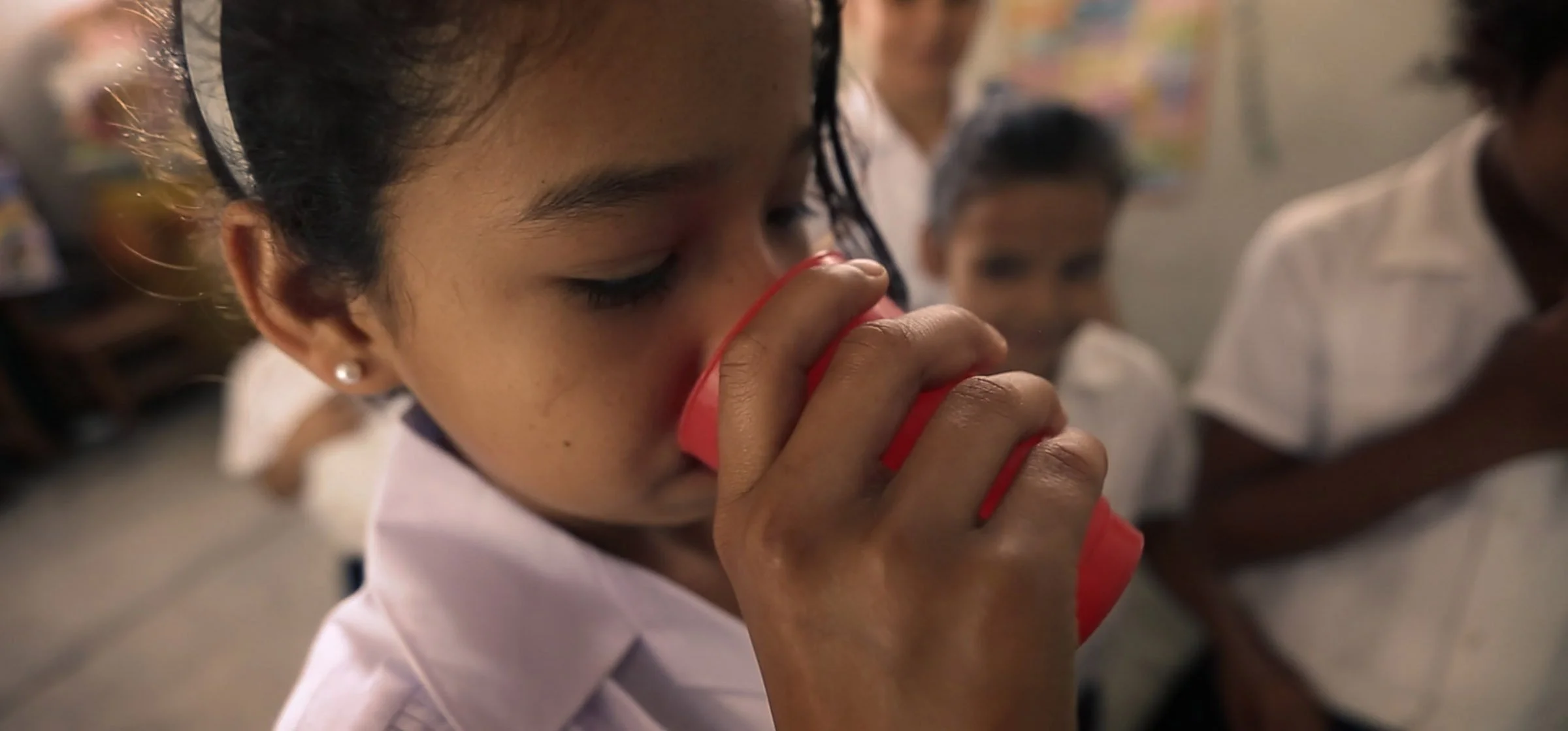Ensuring safe water for all: the vital role of household water treatment
In a world where clean water isn’t accessible to everyone, initiatives like the Household Water Treatment and Safe Storage (HWTS) Network are invaluable. Imagine a place where hundreds of organizations worldwide, including academic institutions, international development agencies, governments and grassroots organizations, collaborate to ensure drinking water safety, right where it’s consumed. This initiative is a key part of reaching the global goal of safe water for all because it bridges the gap in areas where conventional water services can’t reach.
Why household water treatment matters
Many regions around the world, due to various challenges, lack reliable water infrastructure. This is a persistent problem in urban centres as well as rural areas, and it’s not just in emergencies. It can be an effect of the local environment or infrastructure. In such instances, ensuring the quality of water at the point of consumption becomes paramount. Through proper regulations, verified technologies, and reliable monitoring, household water treatment can prevent diseases and save lives.
What the HWTS Network does
The network hosts a series of learning exchanges, networking events and discussion forums, allowing members to connect with each other, share and advance their knowledge and practice. Members get the latest updates from research and implementation in technical webinars featuring expert speakers. They also come together annually in a live meeting, in multiple languages.
Members also receive regular communications with regional updates, events, and highlights from the HWTS knowledge base—an online catalogue of products and technologies, project updates, and country-specific information on water policies.
Meet our champions
The HWTS Network serves over 1,400 members from 70+ countries, including implementers, trainers, researchers, and students. These diverse minds collaborate to share their experiences, discuss challenges and create solutions. Here are just a few of them:
Francisca Frimpong is a chief scientific advisor with the Ghana Standards Authority. Ghana was one of the first countries to develop policies and protocols to certify HWTS products. She encourages decision-makers in other countries to develop their own standards, to ensure that products in those markets are safe and reliable.
Dr. Batsi Majuru represents the World Health Organization (WHO), a member of the network secretariat that administers an international scheme to evaluate HWTS products. She emphasizes the essential role of correct and consistent use of treatment technologies in safe drinking water. Watch an excerpt of a conversation we had with Dr. Majuru earlier this year.
Dr. Peter Harvey is a regional WASH and environment advisor at UNICEF, with more than 20 years of experience in the WASH (water, sanitation and hygiene) sector as a senior advisor, program manager, university lecturer, researcher and water engineer. He emphasizes the significance of HWTS in regions where self-supply is common. Culturally, it's not always embraced, and selecting the right products can be confusing. This is where guidance on technology from expert members of the network is highly valued.
Professor Daniele Lantagne is a global expert from Tufts University, who’s worked in more than 40 countries. She believes in the power of household water treatment, and underscores the importance of understanding local contexts. Watch an excerpt of a conversation we had with Professor Lantagne earlier this year.
Support our work
You too can contribute to this initiative. By becoming a member of the HWTS Network, you can access a wealth of knowledge, connect with experts, and actively participate in the global mission of ensuring safe water for all. Whether you’re a researcher, practitioner, or just interested in learning more about the topic, your involvement matters.
Give now to support our work on behalf of the HWTS Network.
Together, let’s make clean and safe water accessible to every corner of the world. Join us in the journey towards a healthier, safer future for all.
Learn more:
Get all the HWTS Network basics in this downloadable fact sheet.
Visit the HWTS Learn space. Discover the multi-barrier approach to water safety, and learn about different types of treatment that work together to make drinking water safe.
Visit the Household Water Treatment and Safe Storage (HWTS) online knowledge base. Browse products and technologies, learn about implementation approaches, and discover projects, regulations and policies across countries.



